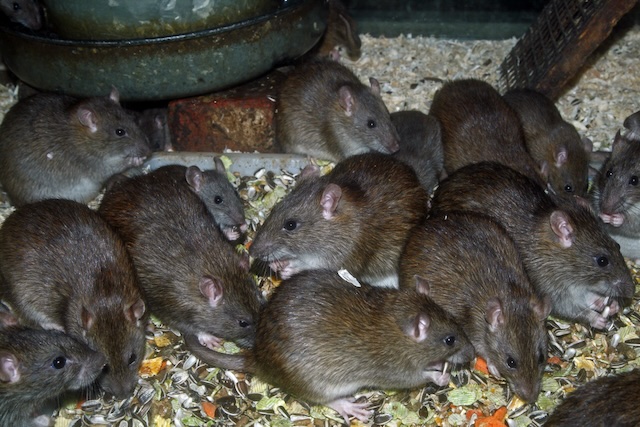Rat poison and rat traps are both good and bad ways to get rid of rats, so you need to think about the pros and cons of each. Often, the choice is based on things like how bad the rat problem is, safety issues, and personal preferences. This is a full look at the differences between rat poison and rat traps:
Rat Snares:
Pros:
Quick and Aimed Kill: Rat traps kill rats quickly and precisely. If you set the traps right, they can catch and kill rats right away, causing them as little pain as possible.
Rat traps of many types can be used more than once. The trap can be used again and again after catching a rat.
No Secondary Poisoning: Rat poison doesn’t bring the risk of secondary poisoning, but traps do. There’s no need to worry about rats eating poison and then being eaten by pets or animals that are after them.
effects You Can See: Traps give you effects you can see. The fact that you can easily see if the trap worked shows you how well your efforts to get rid of rats are working.
Cons:
Catch Limits: One rat can only be caught at a time in each trap. In cases of severe infestations, this might need more than one trap and close watch all the time.
Manual Disposal: Getting rid of rats that have been caught by hand can be unpleasant for some people.
People who live in homes with pets or small children should be especially careful around snap traps and other types of dangerous traps.
Poison for rats:
Pros:
Effects on Many Rats: Rat poison can hurt many rats at once. If it is eaten, it can be brought back to the nest and affect the whole group.
Less work for people: Rat poison needs less work from people than traps. Once it’s in place, it will keep working without being watched all the time.
Access to Hard-to-Reach Places: Poison can be put in places that are hard to get to with traps, like inside walls or caves.
Cons:
Results That Come Later: Rat poison doesn’t work right away. Rats may eat the poison and then go back to their nests before they die, which delays the appearance of the effects.
Risk of Second-Hand Poisoning: Rat poison can cause second-hand poisoning. Animals that eat rats that have been poisoned may also be affected.
Failure to Completely Control: It can be hard to get rid of all rats with poison, especially if new ones keep coming in.
Odour: Rats that are poisoned by bait may die in secret, leaving behind bad smells as their bodies break down.
Things to think about when choosing:
Level of population: Traps may be enough for a small population. If the pests are bigger, poison might be a better choice.
Safety Concerns: Think about how to keep kids and pets safe. It is possible to see and dodge traps, but poison could be eaten by accident.
Place of Infestation: The choice is affected by where the rats are living. Traps work well in some places, but poison might be needed in places that are hard to get to.
Personal Comfort: Some people may like how traps work because they are clear and easy to see, while others may prefer poison because it is less direct.
In the end, home owners should choose between rat traps and rat poison based on the specifics of their infestation and their personal tastes for safety and control. Using both methods together could be a good idea because it would meet the wants of different parts of a property.
